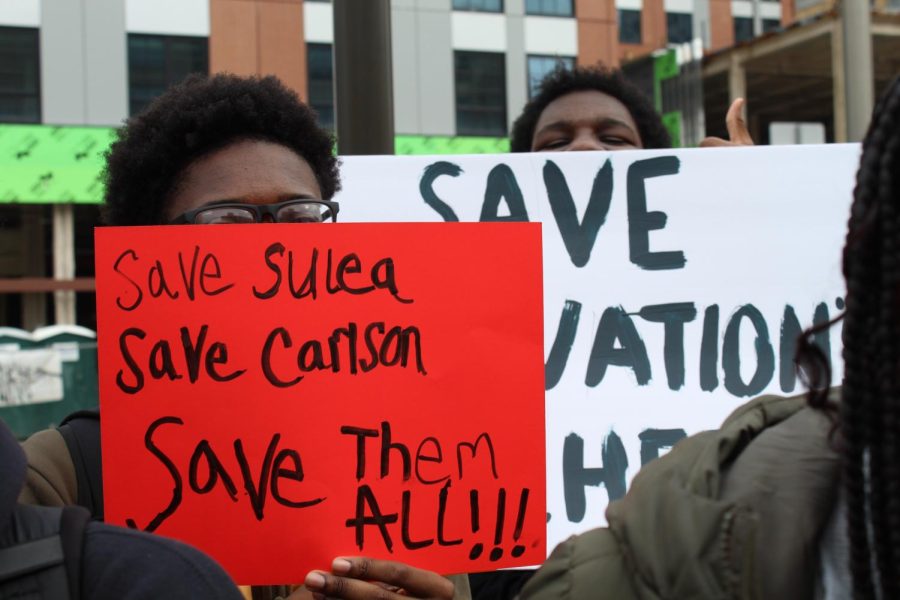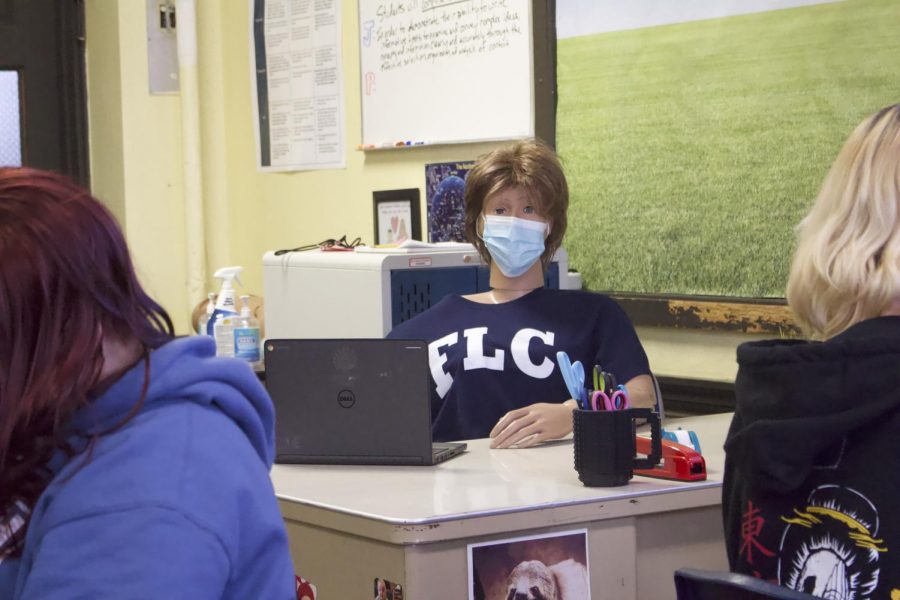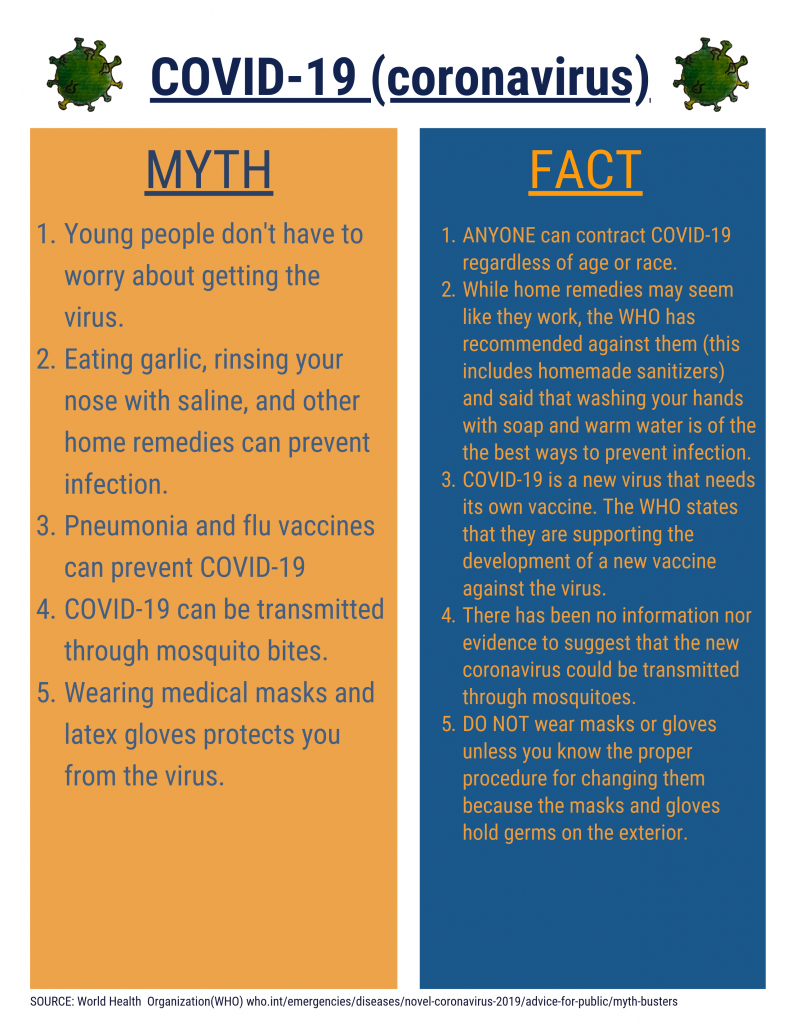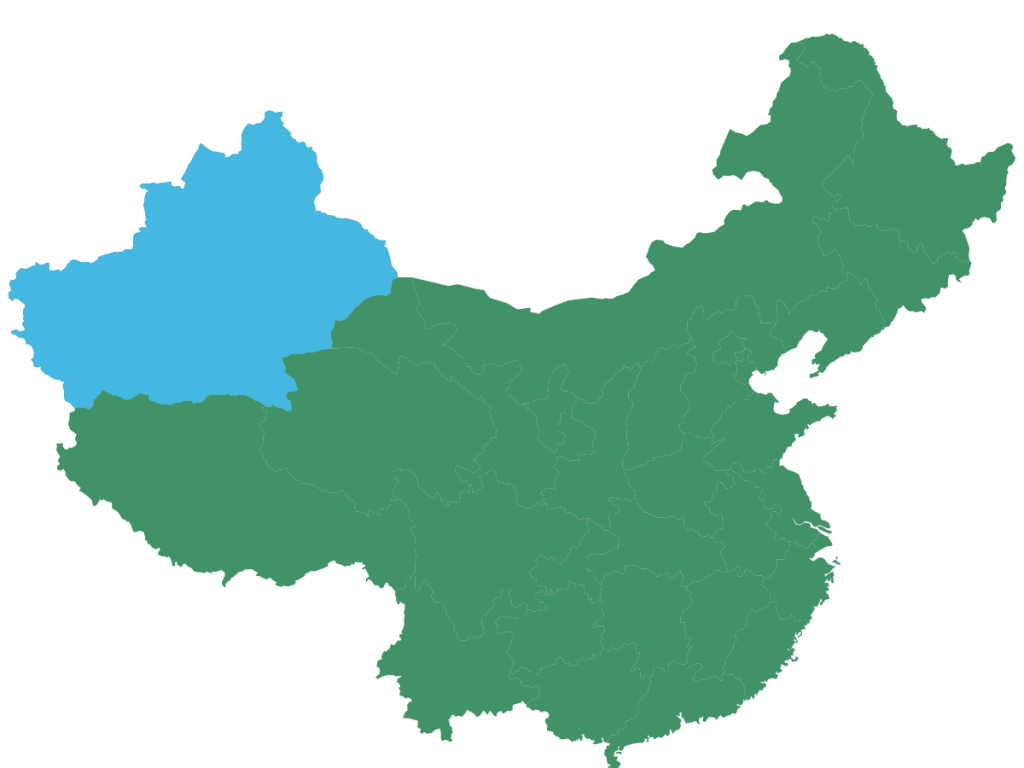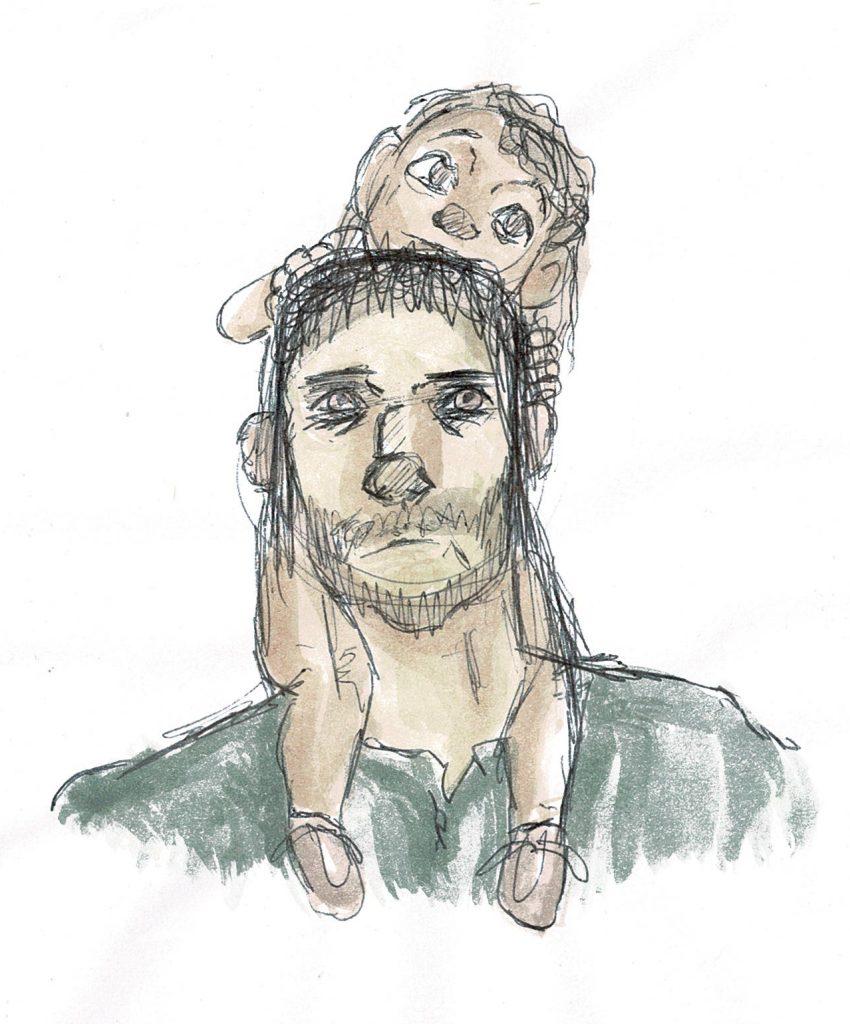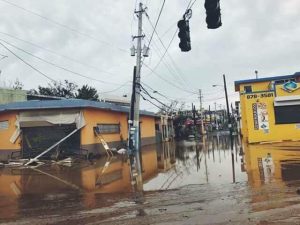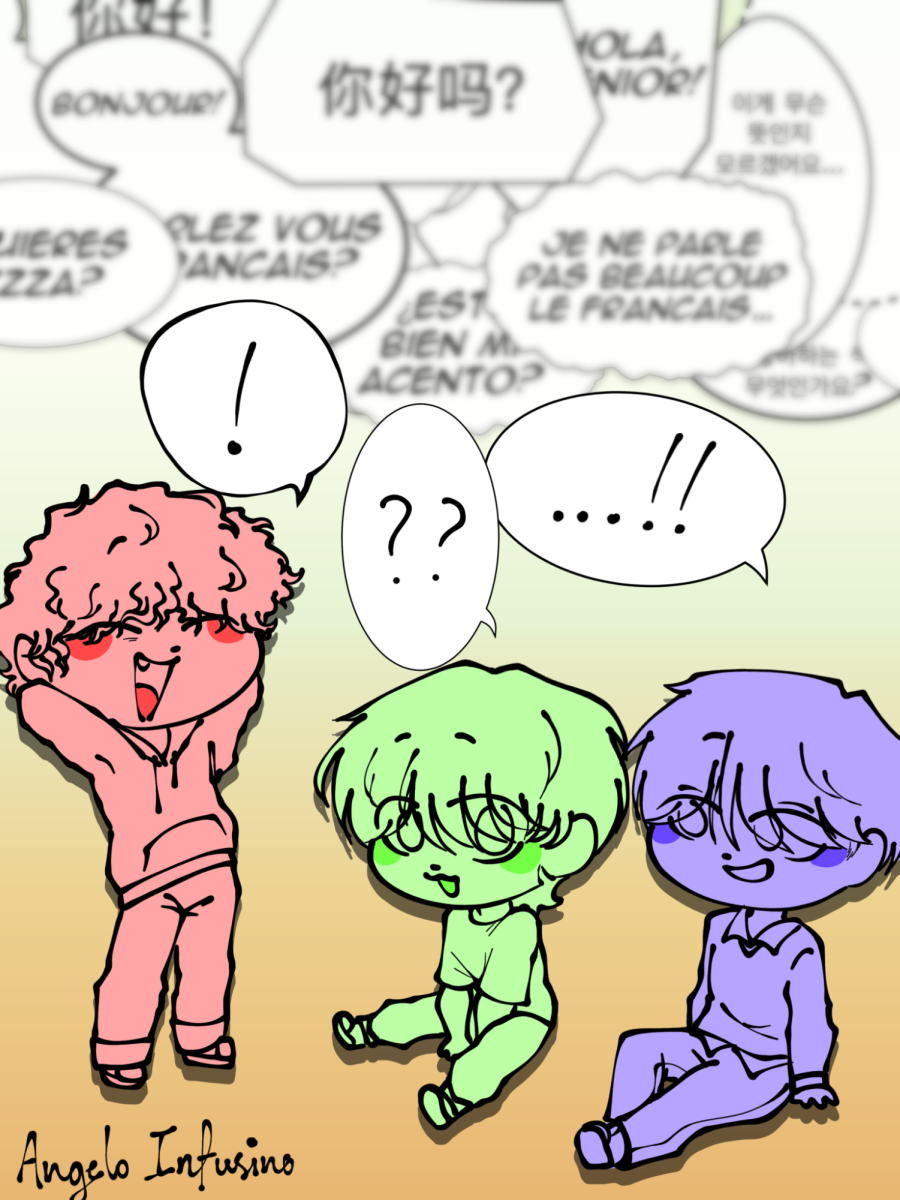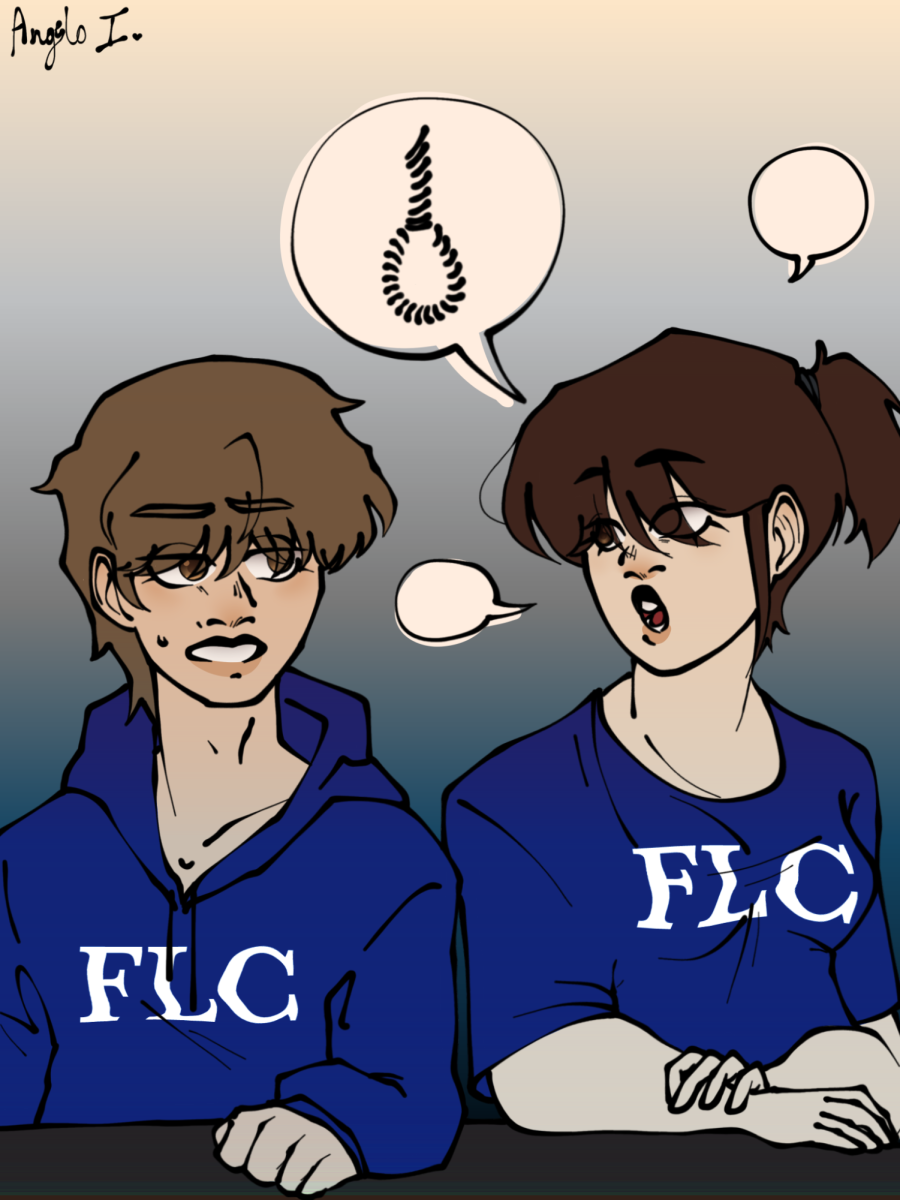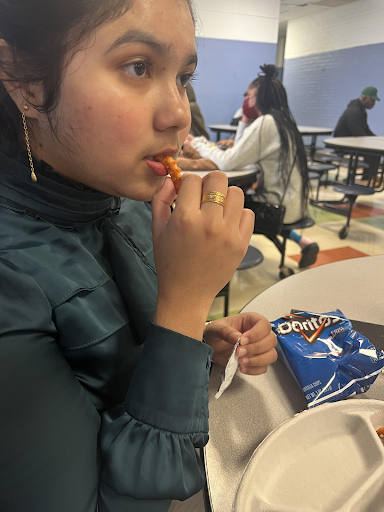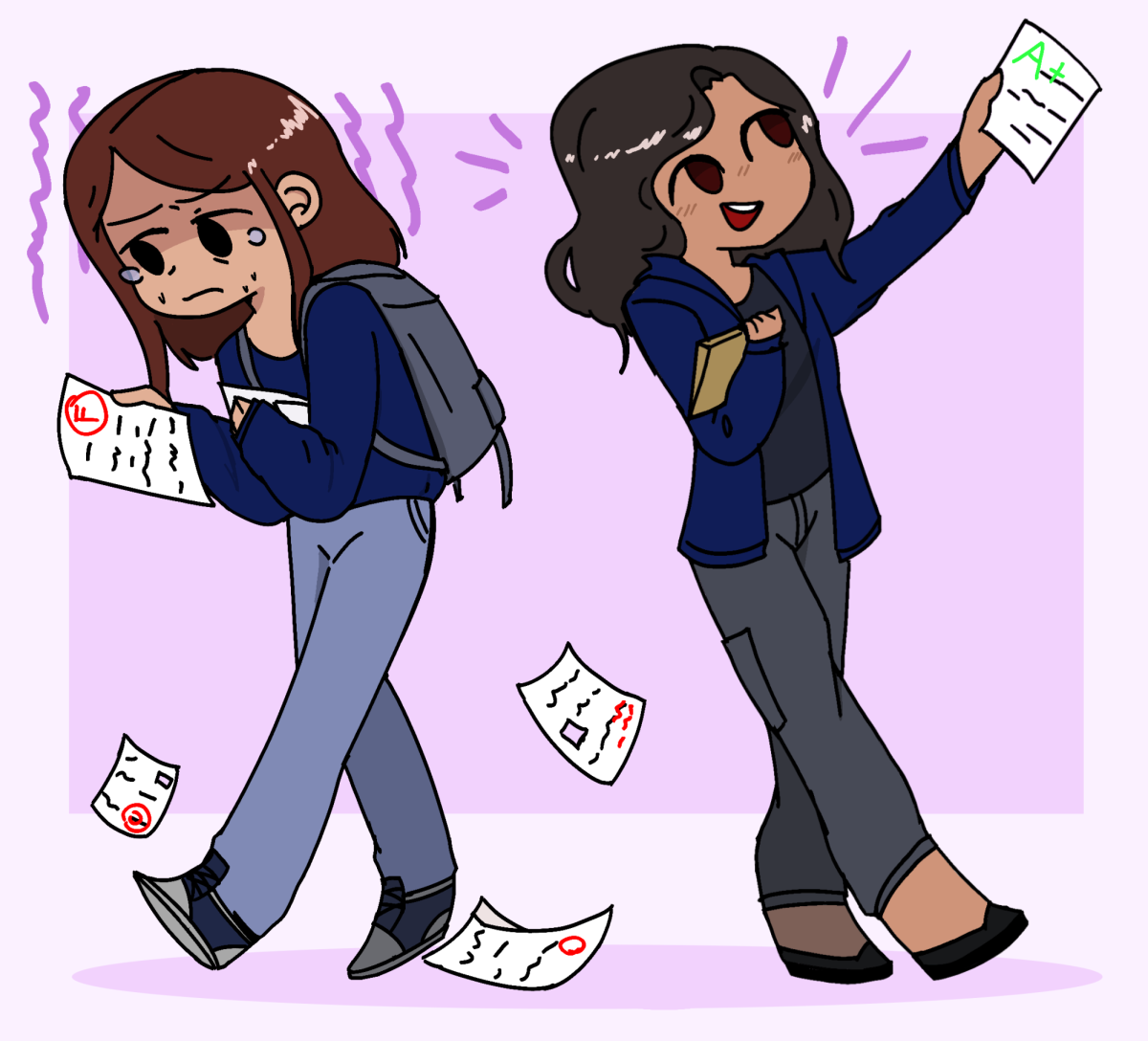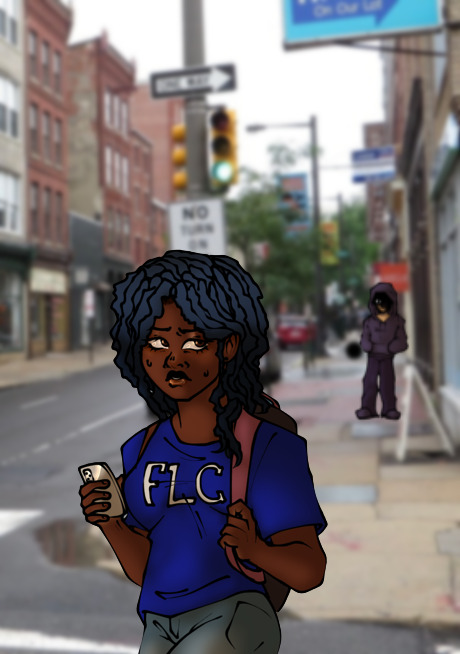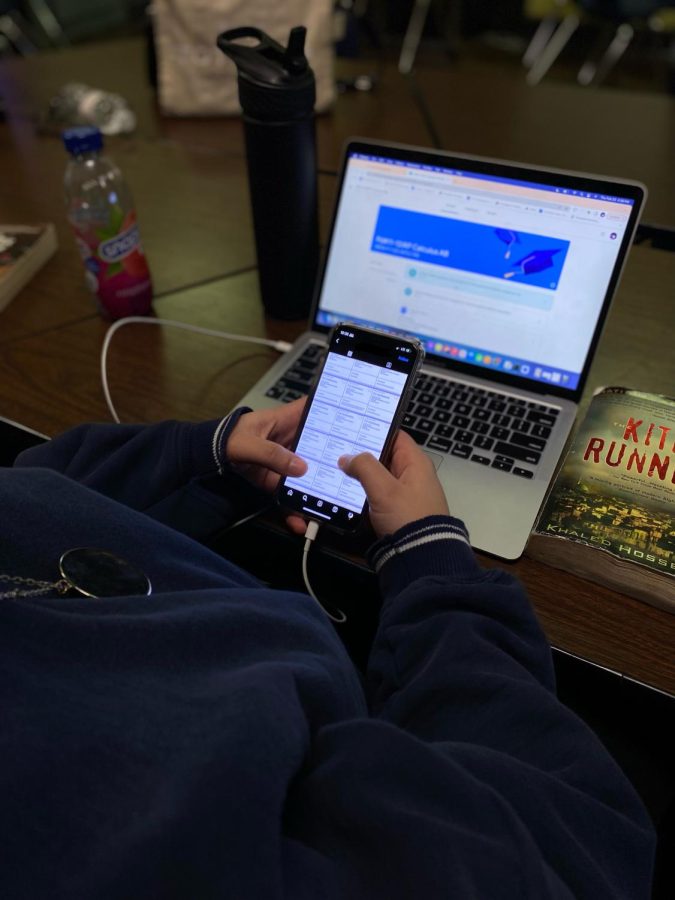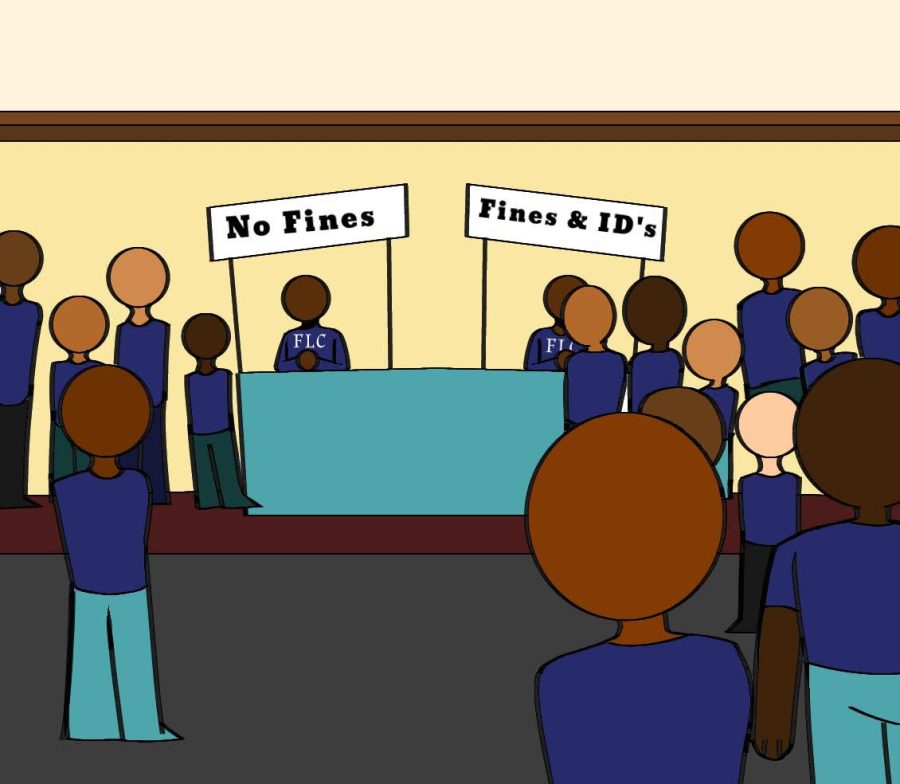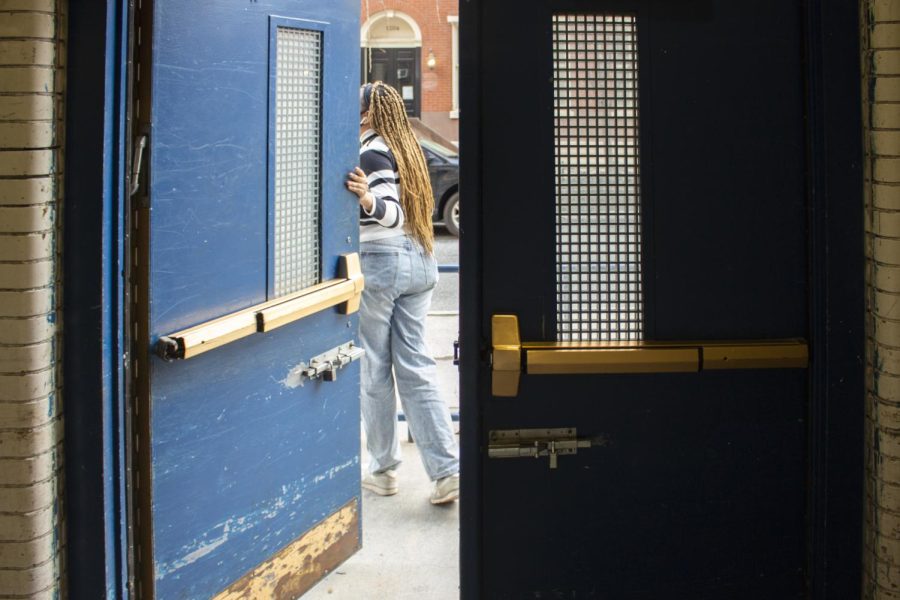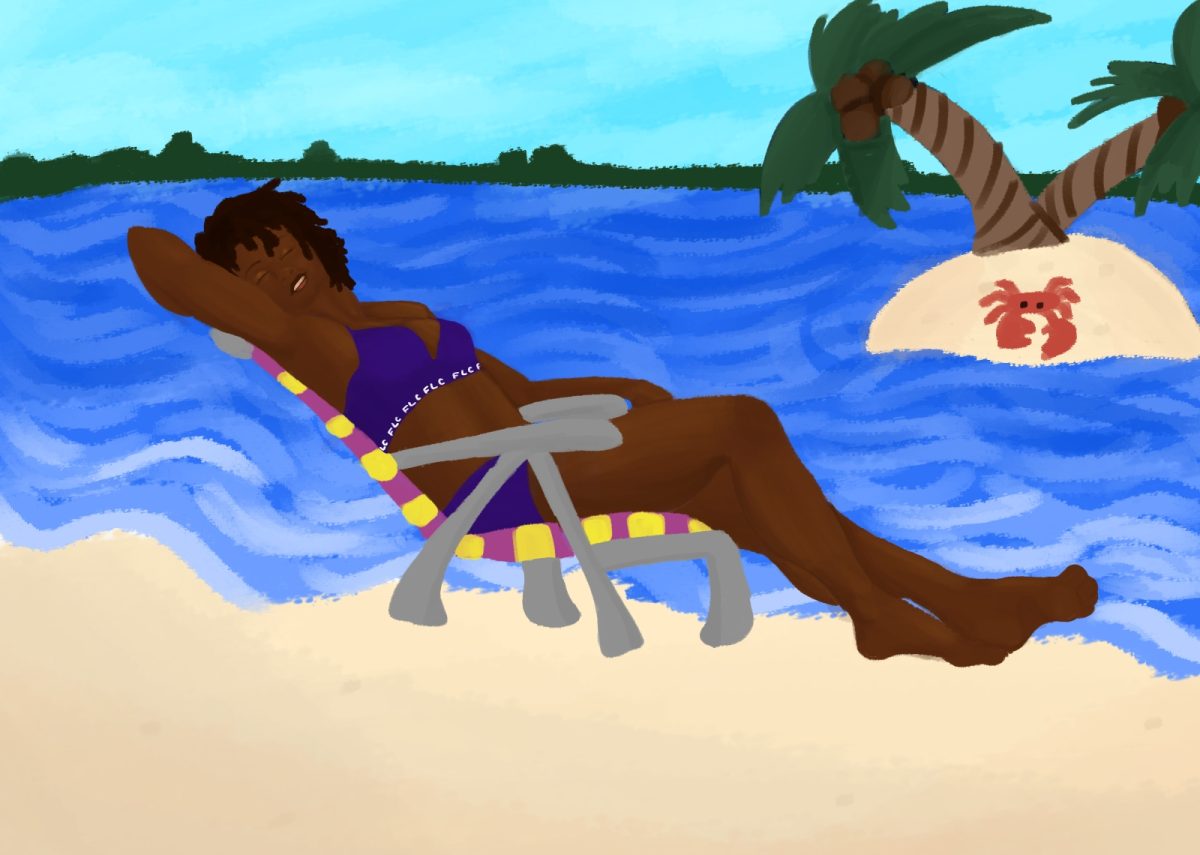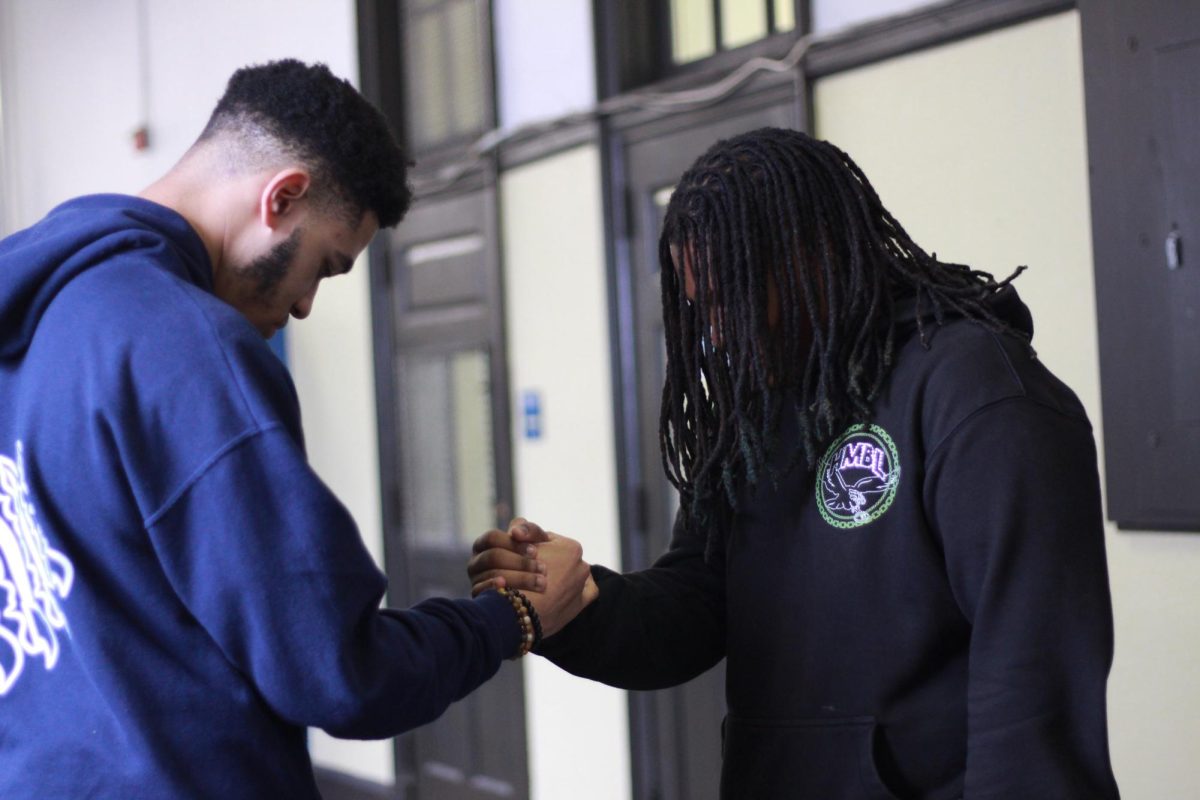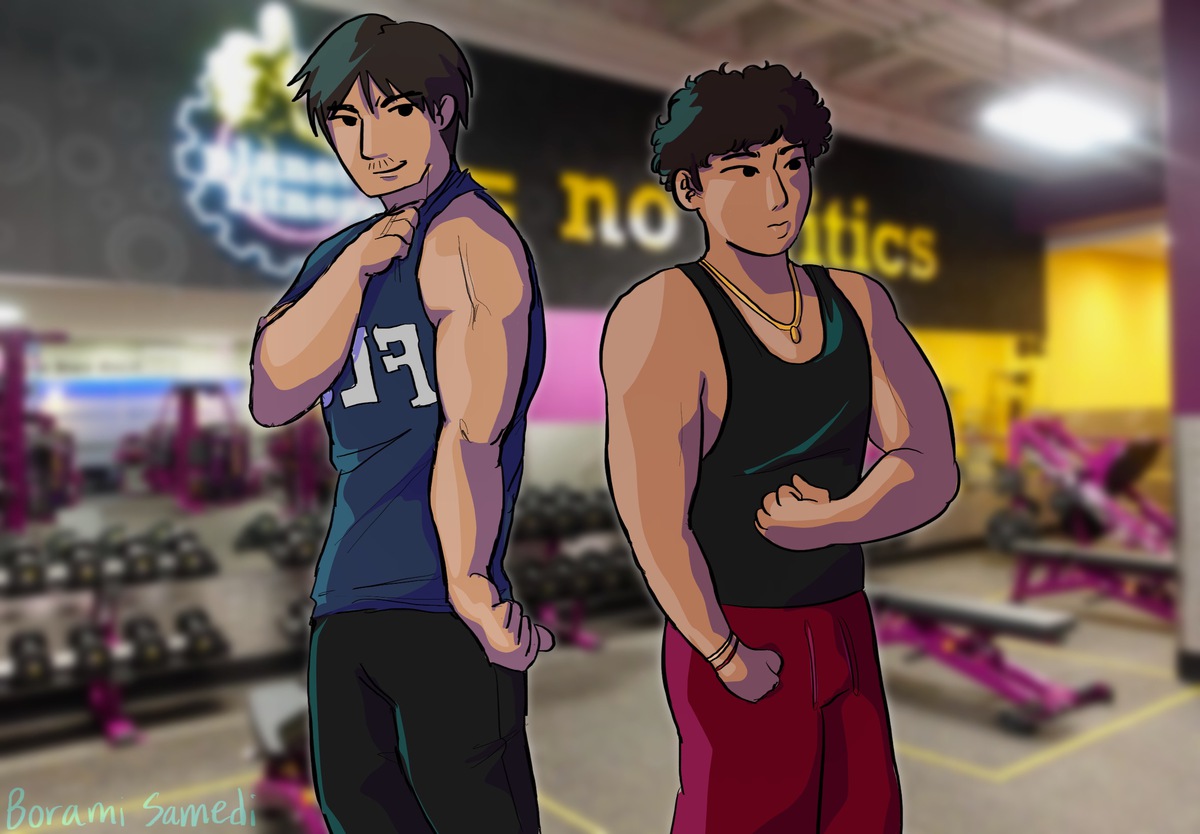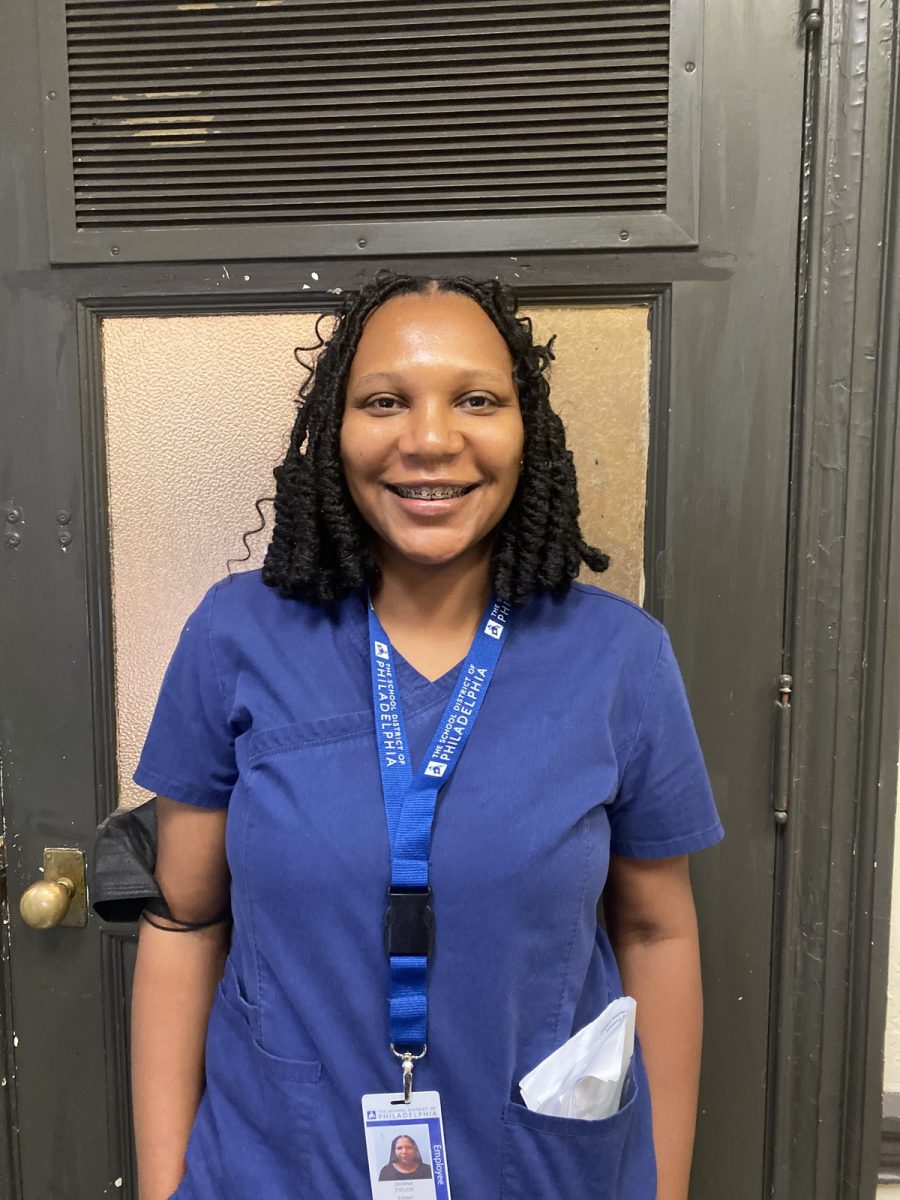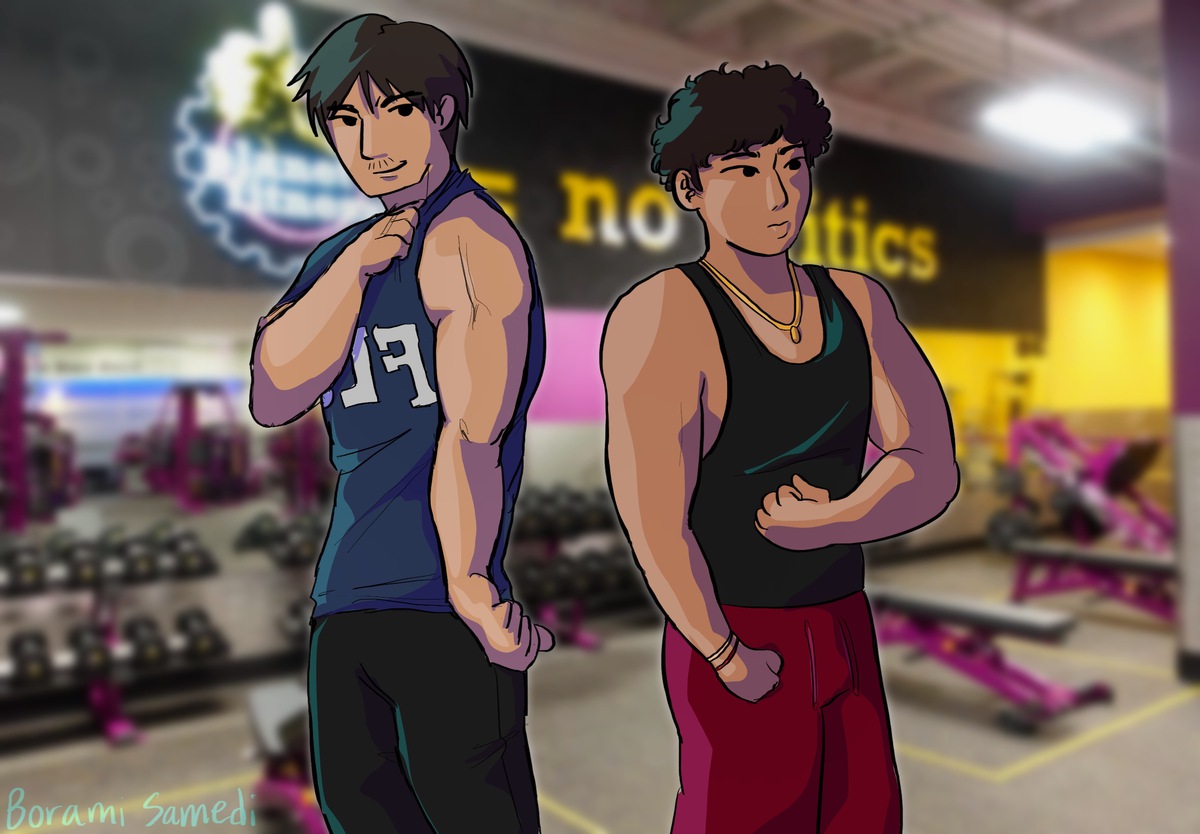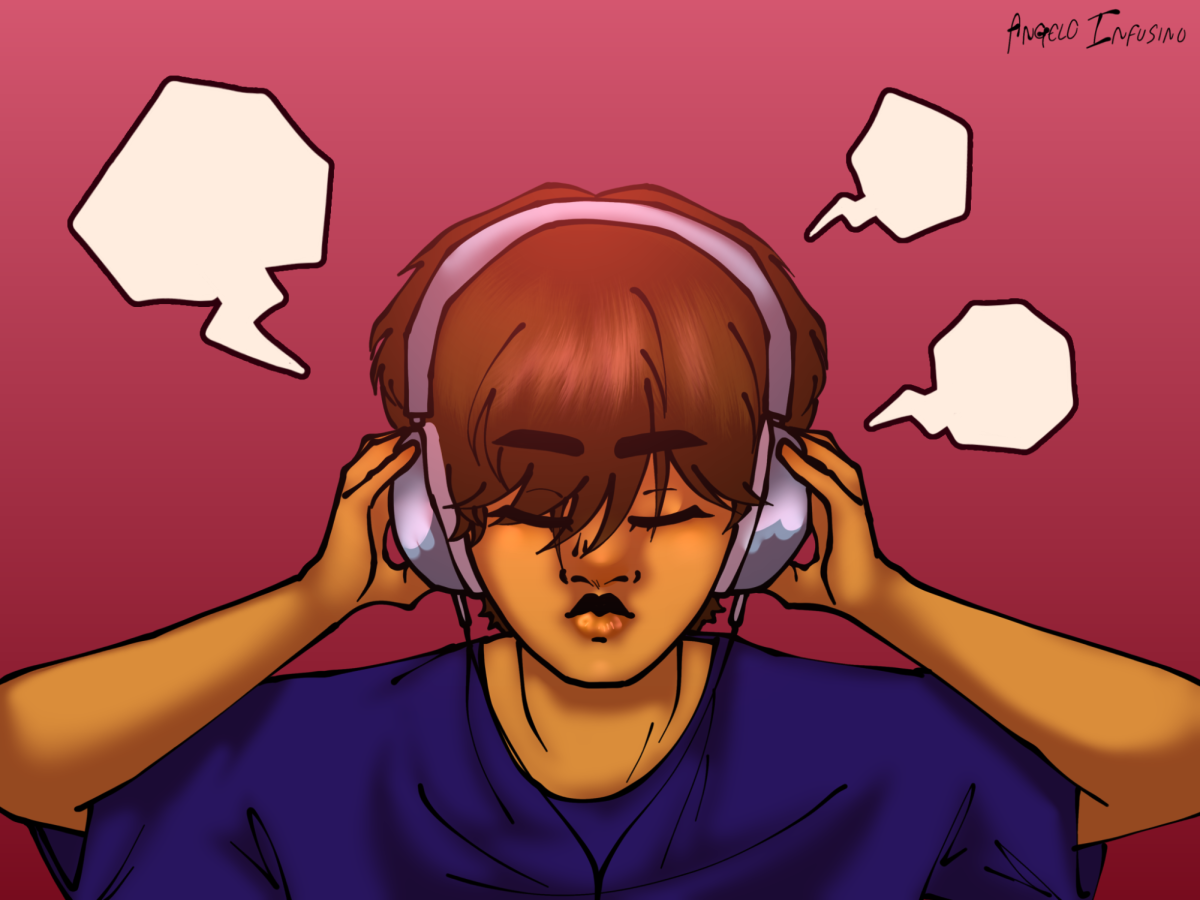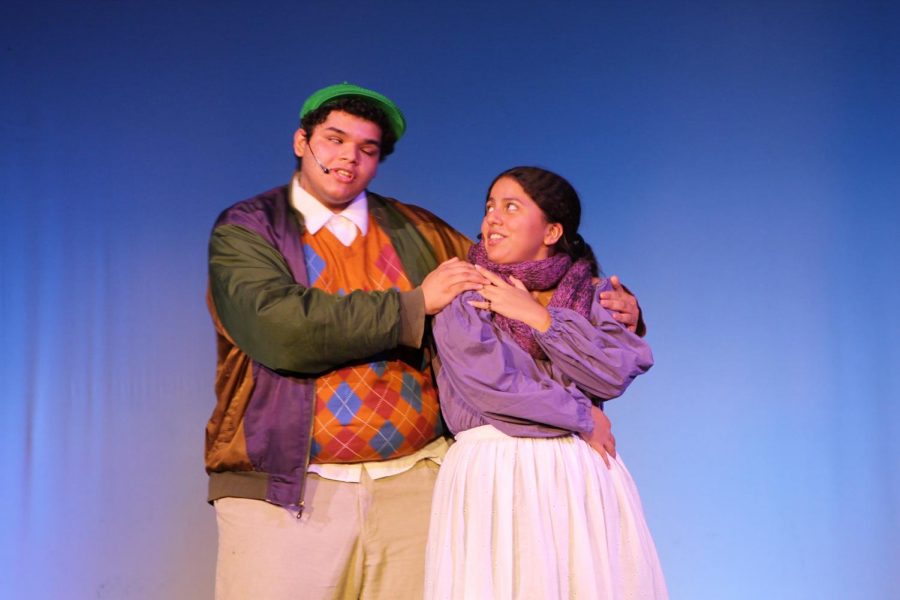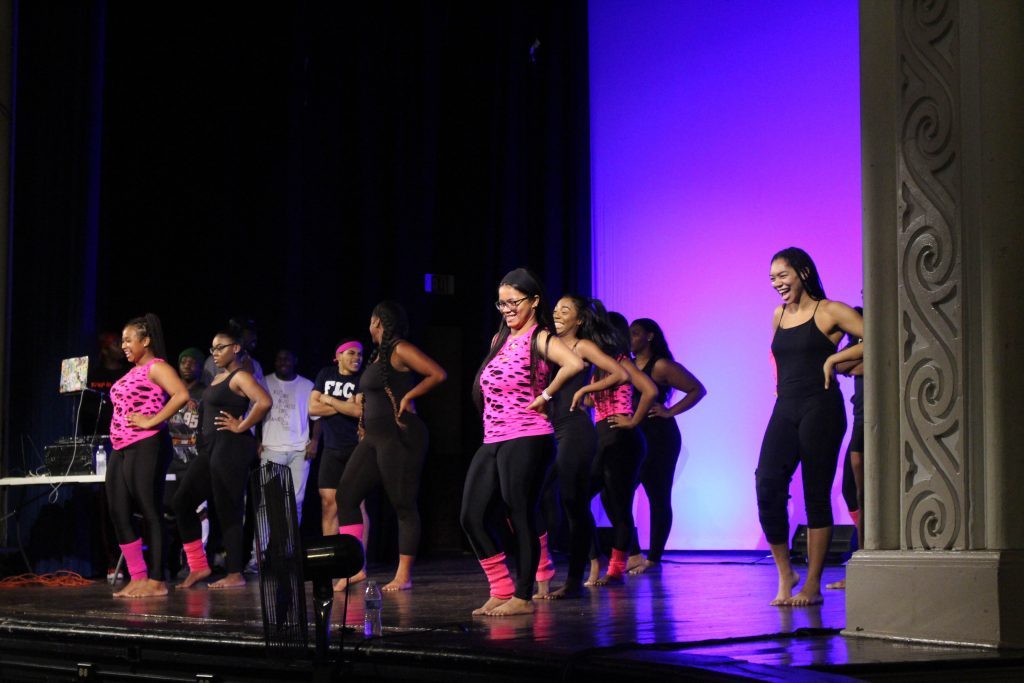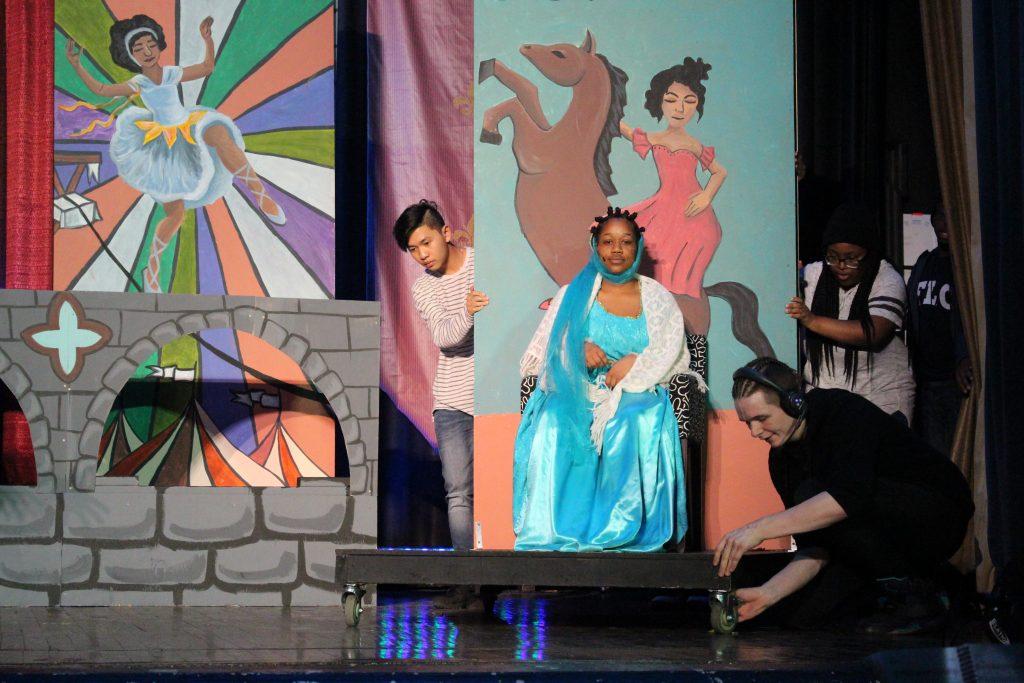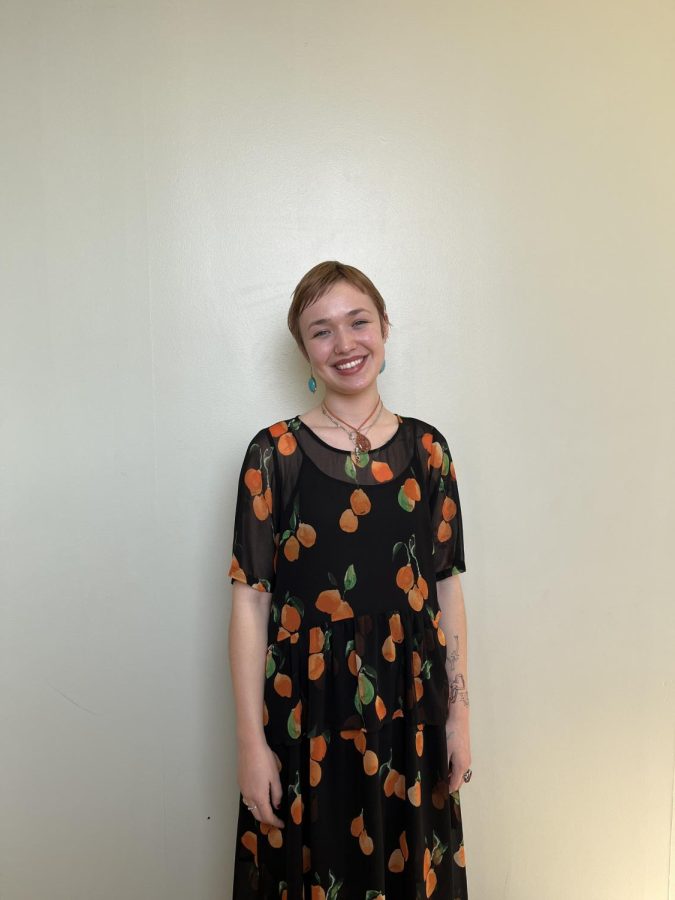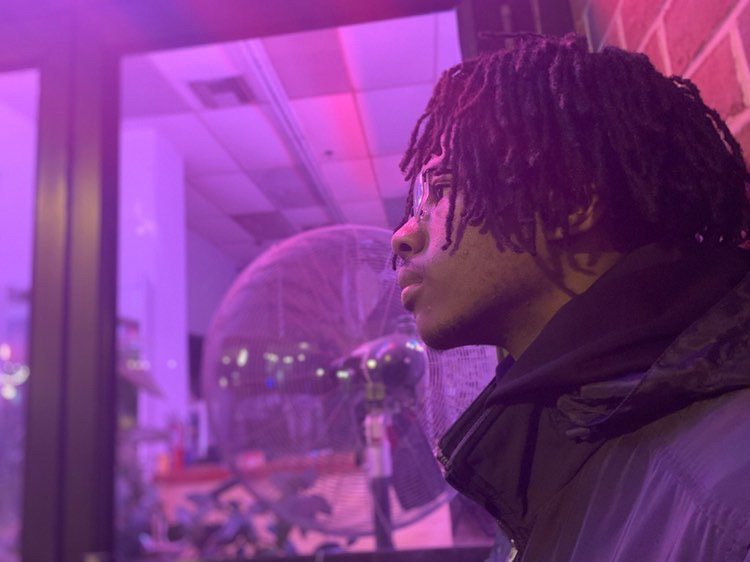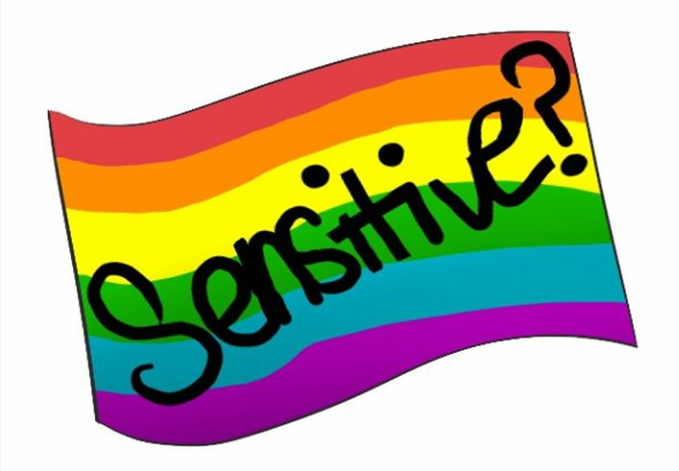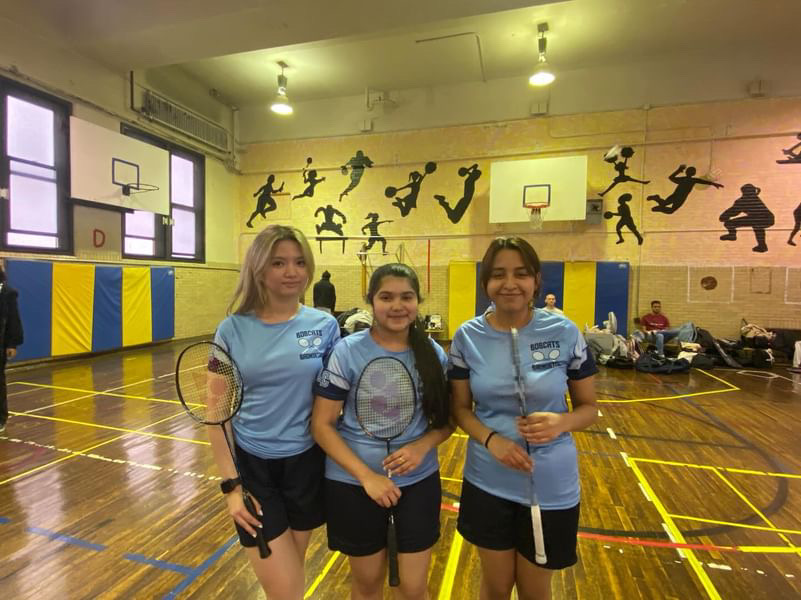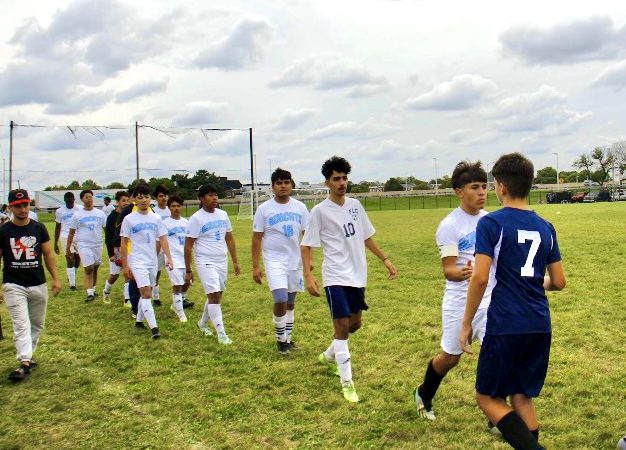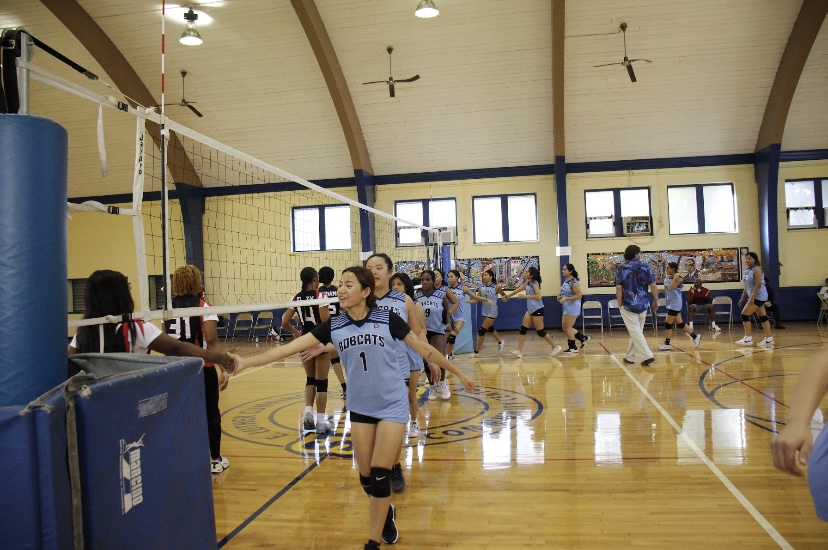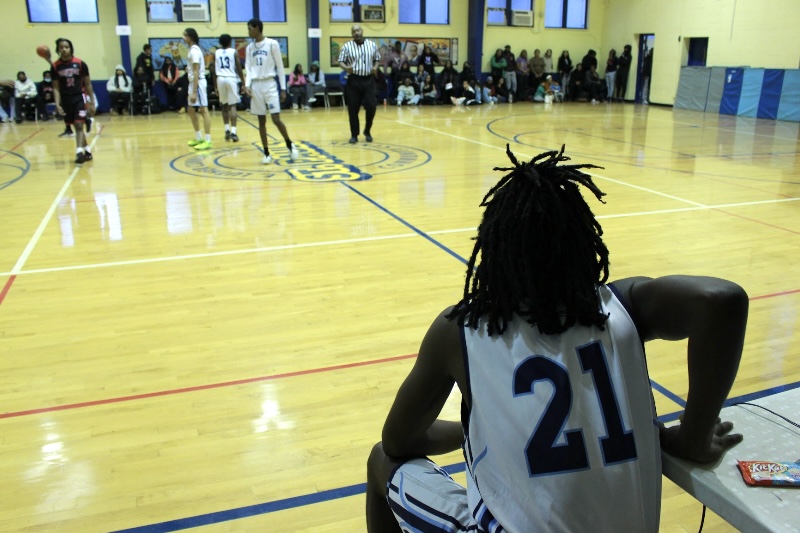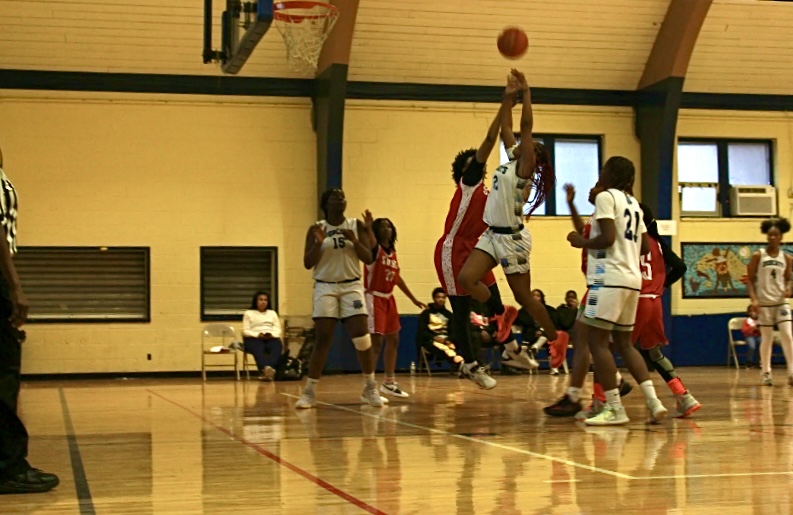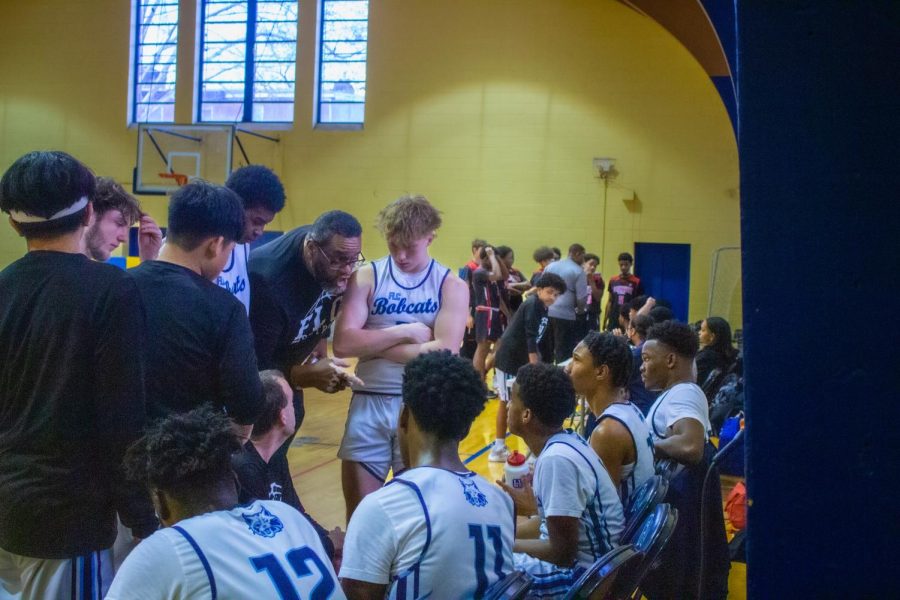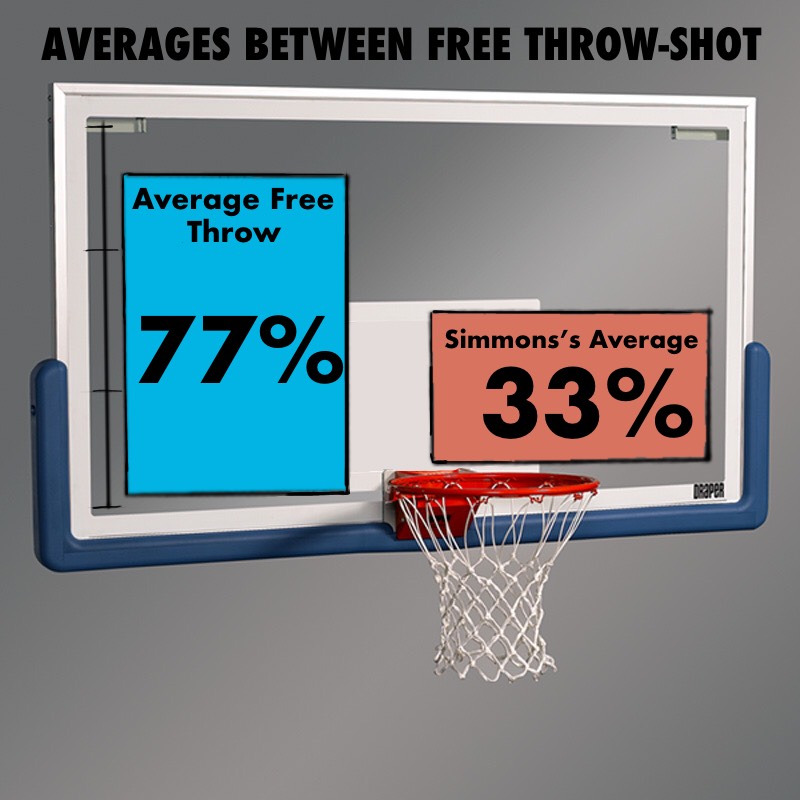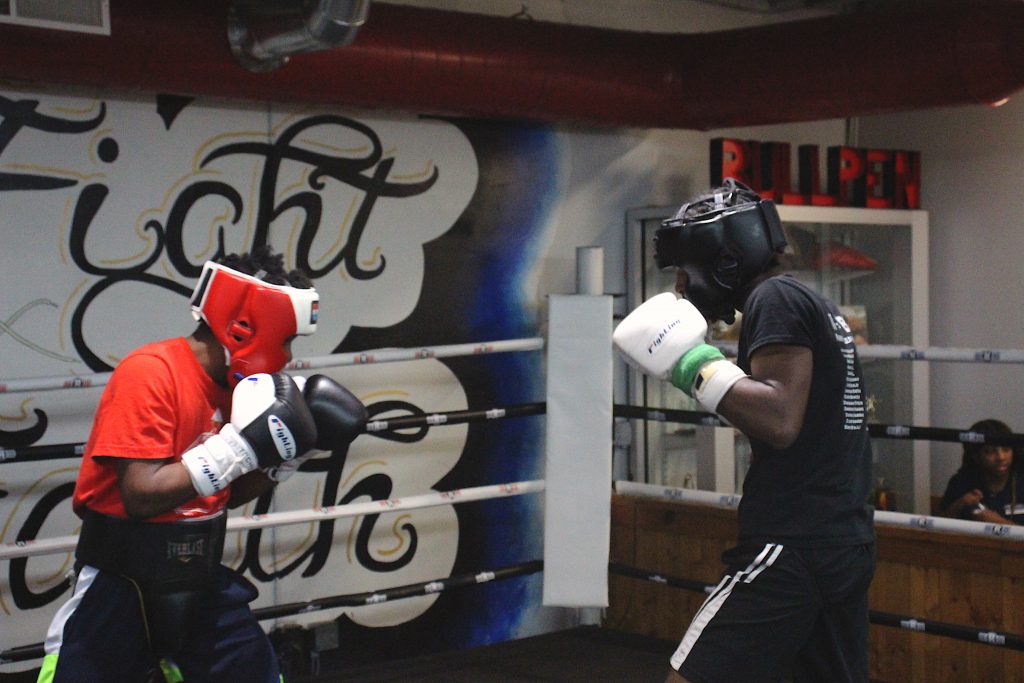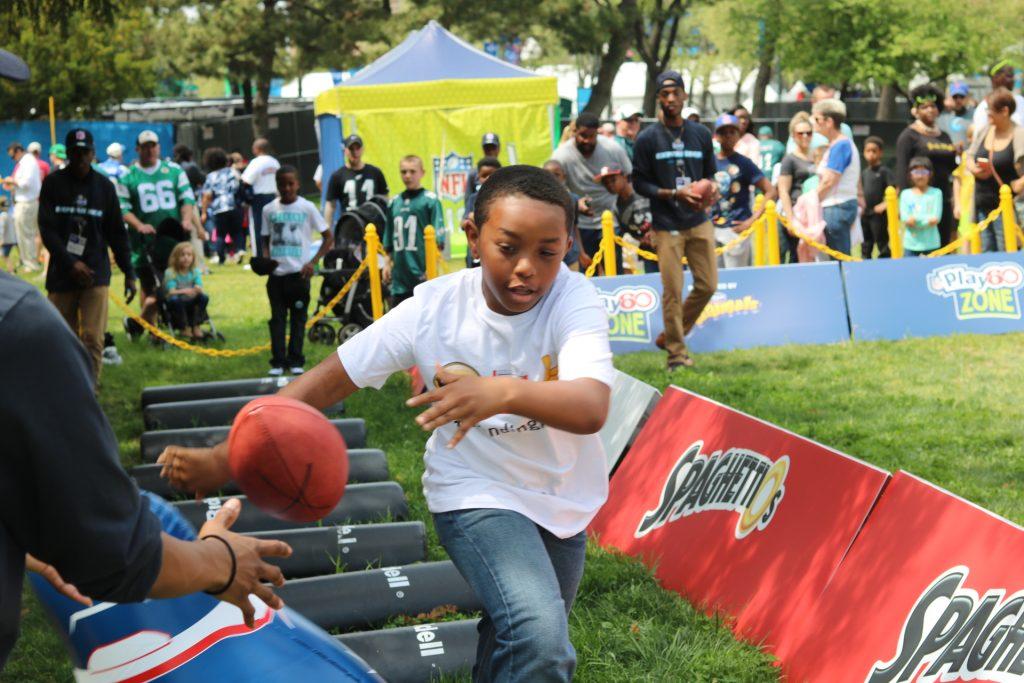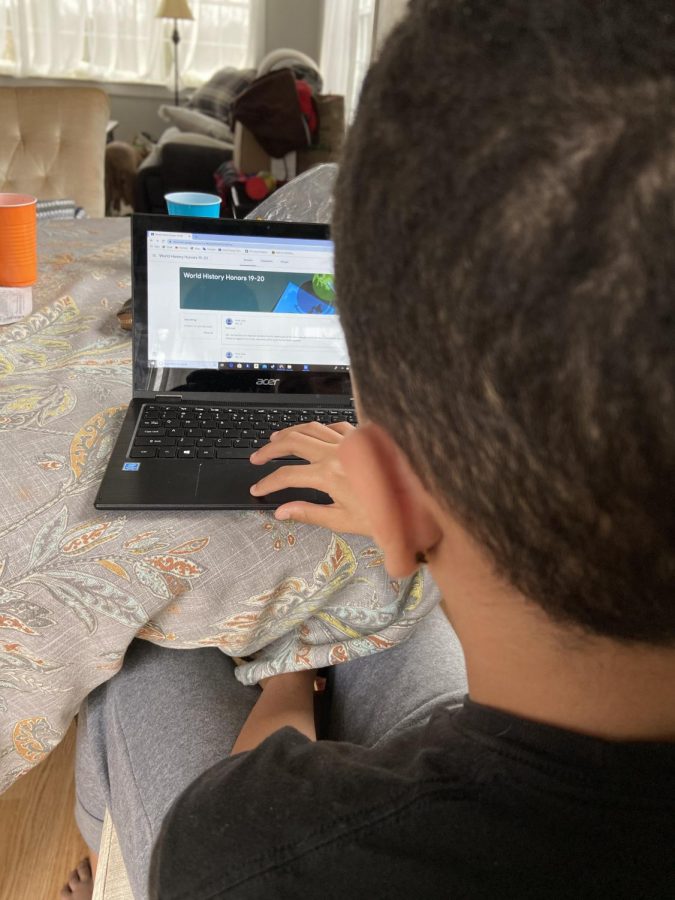Quarantining students fall behind
December 22, 2021
Like many students around the city, Franklin Learning Center student Rielly Greer knows what it’s like to get COVID-19 and have to stay home.
“So I had to text a group chat with people I hung out with that day and they were like, oh my god for real, you were sick, why did you go to school? And a couple of them got tested,” Greer said.
Mandatory quarantines have affected schools across the nation this year although the specific supports offered to isolating students can vary greatly from school to school.
At FLC, teachers assign work for students and give instructions through Google Classroom, expecting quarantining students to finish work while they are at home. But sometimes the instructions given are not enough to help students to complete the work. Students who didn’t understand the assignment would need personalized help but would not get it because it was not there. Not only could the student get a lower grade they also had to deal with home life also. The student would also be dealing with being sick and the big change in their social life. For a teenager that went through a global pandemic and was finally back to school just to be taken out again can be hard on their mental health, so they were in physical and mental pain.
“Not being able to see my friends, that kinda sucked,” Greer said.
It can also be hard to focus when you’re home sick and frustrated, having nothing to do but school work. Furthermore, trying to do school can be hard depending on the effects of COVID on the student.
“I didn’t manage school work and it was hard,” Greer said.
There is a huge and obvious difference between online and in-person school. Everyone has their own opinion and either likes one or the other, or doesn’t really care, but what it really comes down to is the child’s education.
“It’s different because in online school you’re more on your own and in person school you get more direction,” Greer said.
So what needs to change?
“Having teachers be able to come on and give their time to have a Google meet and kids come on to ask questions–” Greer said, “[that would] help because we were all on our own.”


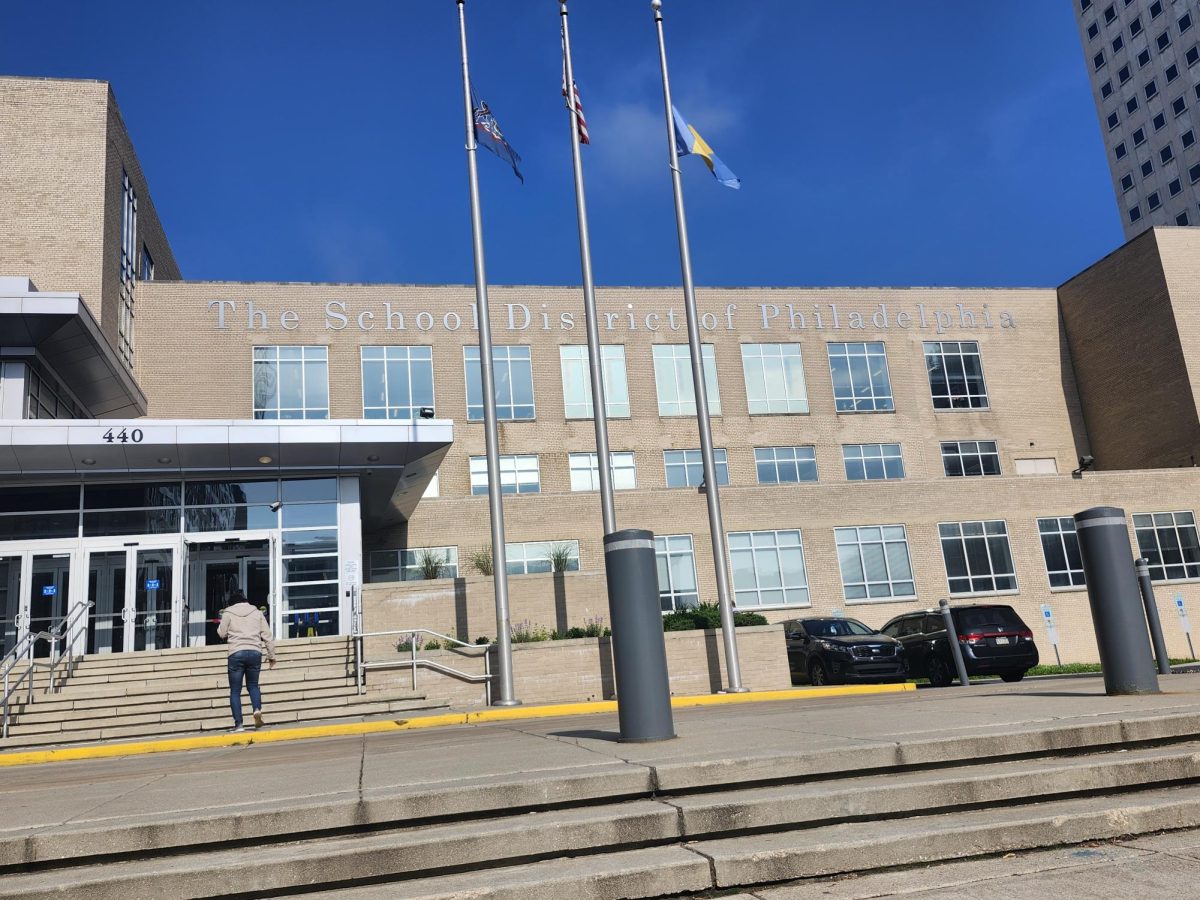
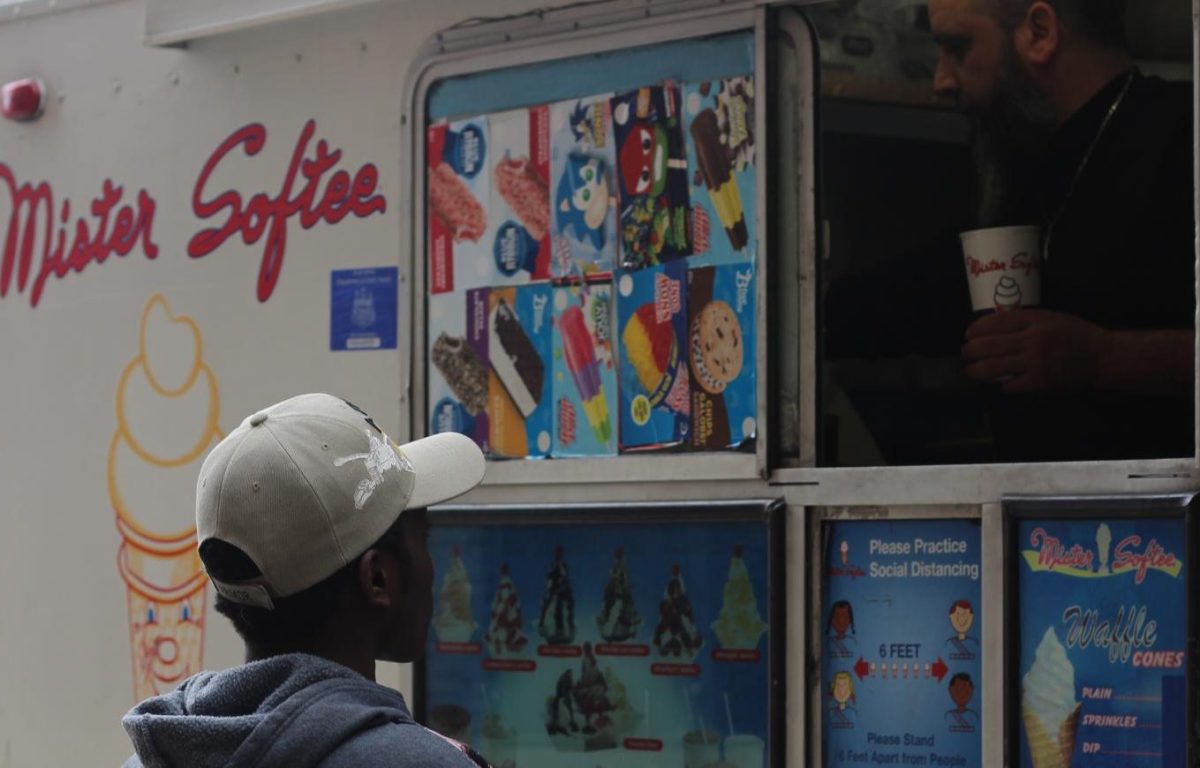
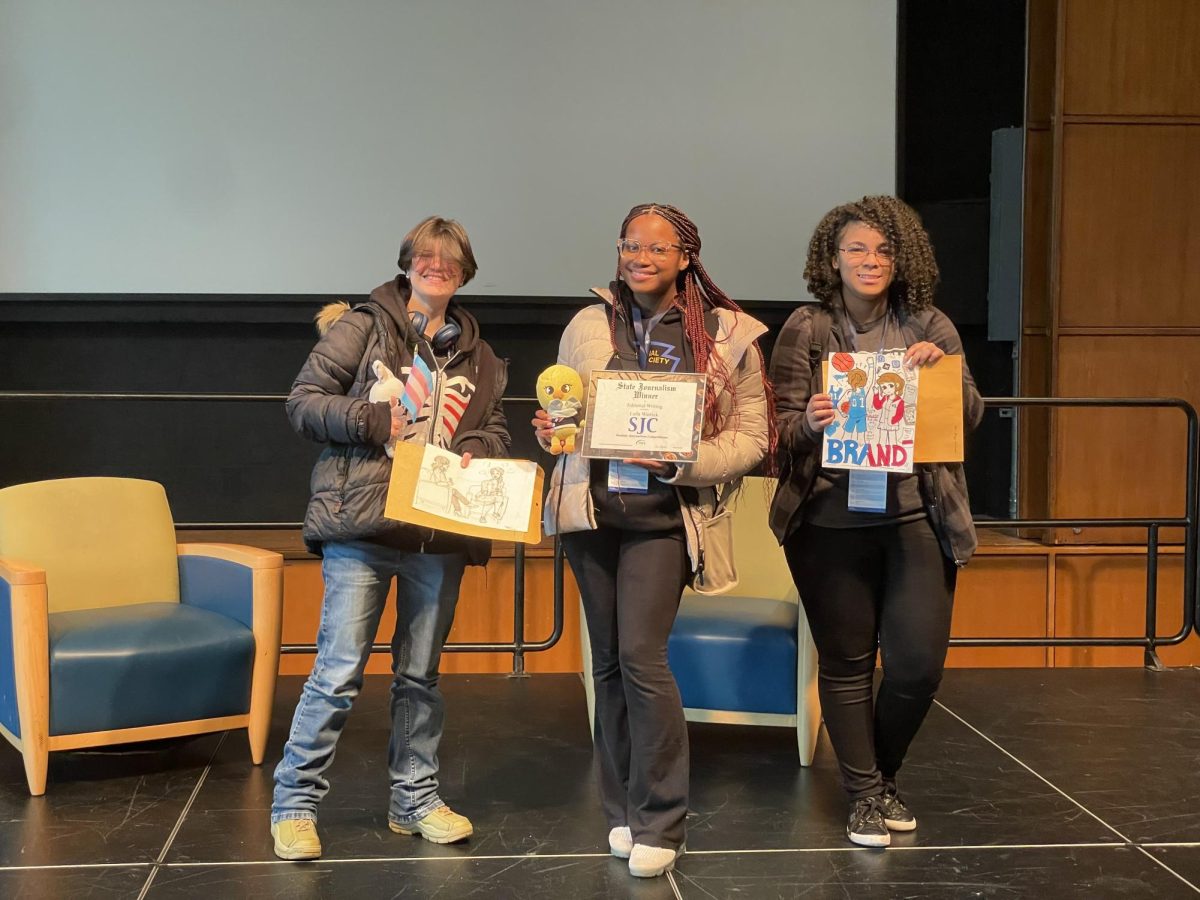
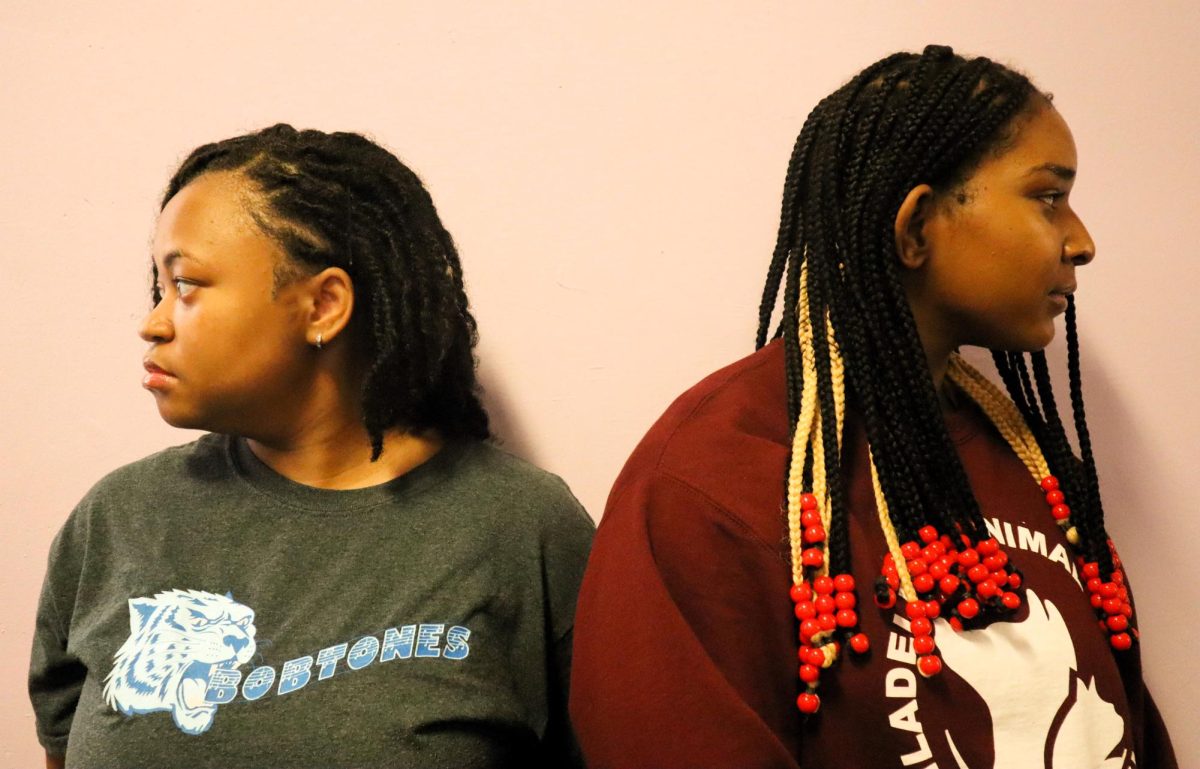
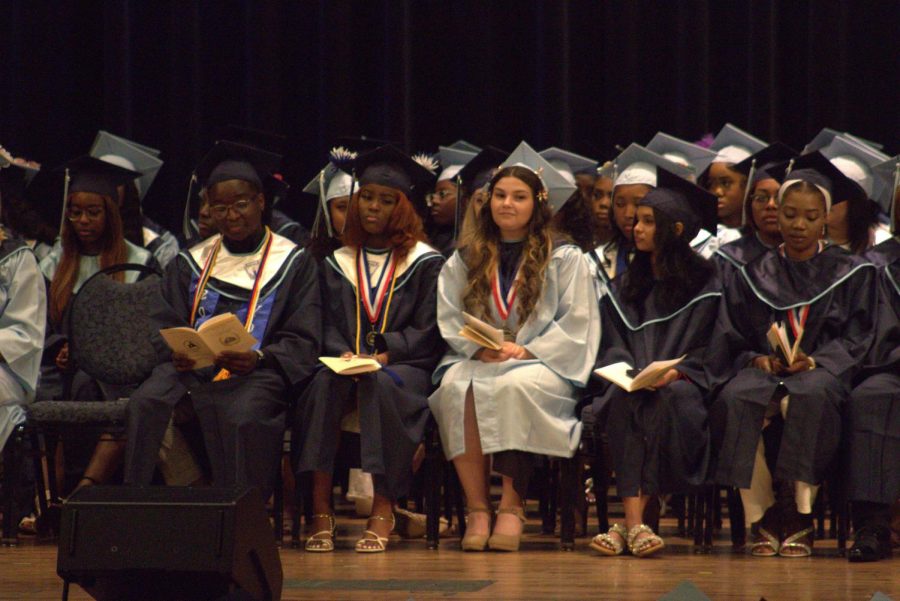
![[VIDEO] FLC 10th grade student awarded $40,000 in a BigFuture Scholarship](https://theflashflc.org/wp-content/uploads/2023/05/Screen-Shot-2023-05-02-at-4.39.10-PM-900x493.png)
![[VIDEO] Mayoral candidates campaign on student issues](https://theflashflc.org/wp-content/uploads/2023/04/IMG_1387-900x506.jpg)
